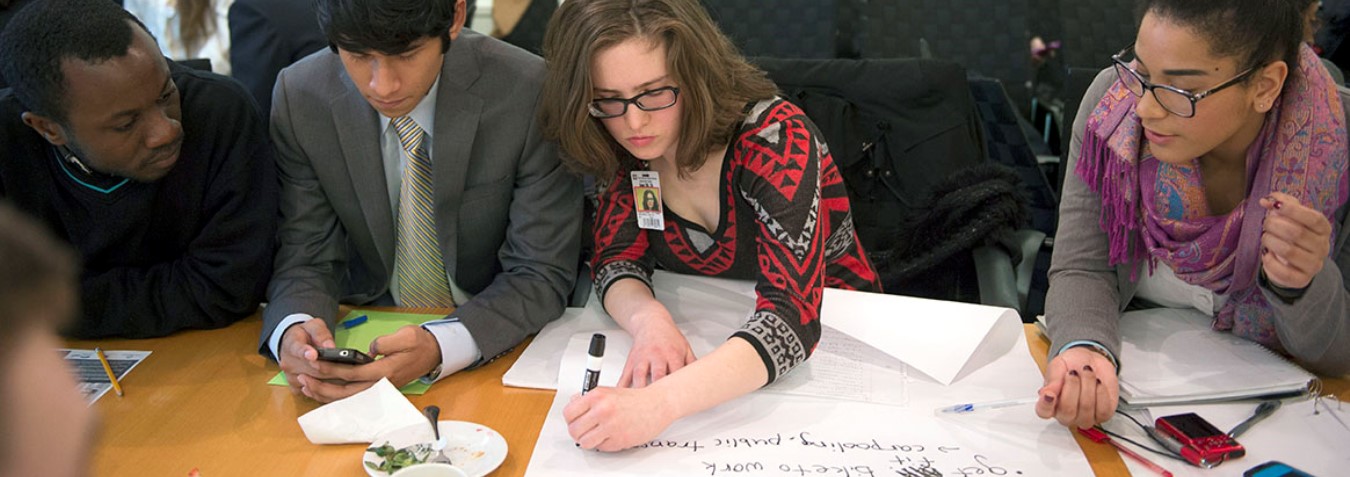
During an intensive sociology course over winter break, thirty students from U.S. colleges and universities took part in a workshop organized by the Connect4Climate group at the World Bank headquarters. The students came from many disciplines, and from all over the world. Few had any kind of a background in climate change issues. Here are some of their impressions of Connect4Climates mission and, in particular, the Sport4Climate initiative. The workshop occured on January 15 2015 to celebrate the launch of Action/2015, a global movement of thousands of organizations, coalitions and partnerships that reflect the diversity of injustice, inequalities, poverty and climate change all over the world.



